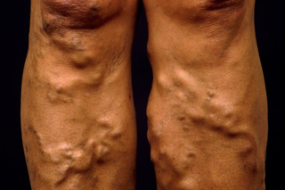
Urethritis is the inflammation of the urethra. It is a bacterial or viral infection that causes swelling and irritation of the urethra.
Types of urethritis
- Gonococcal urethritis – Caused by gonorrhea
- Non-gonococcal urethritis – Caused by something other than gonorrhea, such as another STI or irritation of the urethra.
- Non-specific urethritis – The cause is not known
Risk factors for urethritis
- Ages between 15 and 24
- Multiple sexual partners
- Having unprotected sex
- History of trauma to the urethra
- Use of items containing irritants such as deodorant tampons and spermicides.
Signs and symptoms of urethritis
- Pain while urinating
- Pain during sexual intercourse
- Itchiness at the tip of the urethra
- Discharge from urethral opening or vagina
- Pelvic pain
Diagnosis
- A comprehensive medical history – The patient will present with the symptoms listed above
- Physical examination, including the genitals, abdomen, and rectum.
- Urine tests for gonorrhea, chlamydia, or other bacteria
- Microscopic evaluation of any discharge.

Urethritis treatment
Antibiotics are the primary treatment for urethritis. Some of the antibiotics used include
- Azithromycin
- Doxycycline
- Ofloxacin
- Levofloxacin
- Ceftriaxone
- Cefixime
Urethritis due to trichomoniasis is treated with metronidazole or tinidazole.
Urethritis from herpes simplex virus can be treated with
- Acyclovir
- Famciclovir
- Valacyclovir
Prevention of urethritis
- Practicing safe sex and limiting the number of sexual partners.
- Get tested for STIs regularly
- Avoid chemicals that may irritate the urethra.
- Avoid actions thaT may irritate the urethra.












